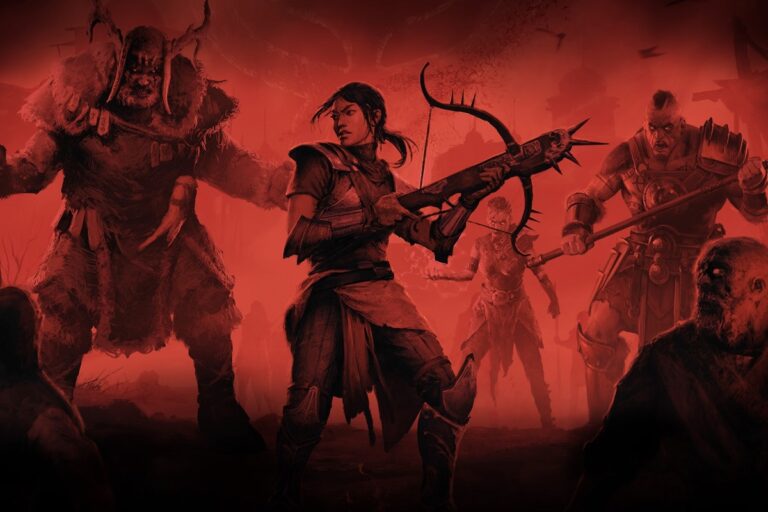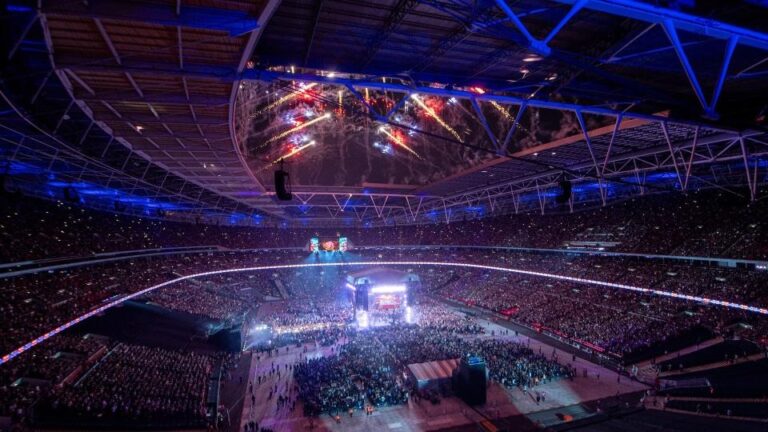Bill Maher’s Controversial Move Amid Writers’ Strike Shakes Up Late-Night TV
Bill Maher’s Controversial Move: The Writers Guild of America (WGA) has expressed disappointment in Bill Maher’s decision to resume HBO’s Real Time during the ongoing writers’ strike, vowing to picket the show, which is typically filmed at Television City in Los Angeles.
The guild emphasized the importance of addressing the writers’ concerns, which include higher base compensation, better working conditions, and safeguards against the use of artificial intelligence.
In a statement, the WGA criticized Maher, a fellow WGA member, for not adhering to strike rules that prohibit writing services during such strikes. We also recommend you to find out Xolo Maridueña Gets.
Bill Maher’s decision marks him as the first late-night host to bring his program back to the airwaves since the Writers Guild strike commenced on May 2, effectively halting a significant portion of the television and film industry.
Maher announced that the show would return on Friday, September 22, at 7 p.m. PT, but without pre-written segments like the monologue, desk piece, “New Rules” segment, or editorial segments.
Acknowledging that the absence of his writers would impact the show’s quality, Maher assured his audience that the core of Real Time, which consists of spontaneous panel discussions aimed at cutting through partisan rhetoric, would remain intact.
The Writers Guild of America reiterated its intention to picket shows in production during the strike and called on Maher to honor more than just “the spirit of the strike.” The strike has disrupted late-night programming plans for various TV networks, including CBS and Comedy Central, which had been testing potential successors to Trevor Noah on “The Daily Show.”
Despite the strike’s impact on the industry, Maher expressed his hope for its resolution by Labor Day but noted that progress seemed slow. He emphasized his concern for the many below-the-line workers who were suffering as a result of the strike.
Maher’s decision to return to the airwaves amid the strike has generated controversy within the entertainment industry, with the WGA and others expressing differing views on the matter. we also recommend you to check out Discover Wild Surprises.
Maher also expressed his disagreement with the strike’s philosophy, suggesting that some writers believed they were entitled to a livelihood in the industry. He argued that show business was competitive, referring to it as a “make-or-miss league.”
As the strike continues, its effects on late-night programming and the broader television industry remain a topic of discussion. Maher’s decision highlights the ongoing tensions between labor and management in the entertainment sector, with potential implications for the future of the industry.








